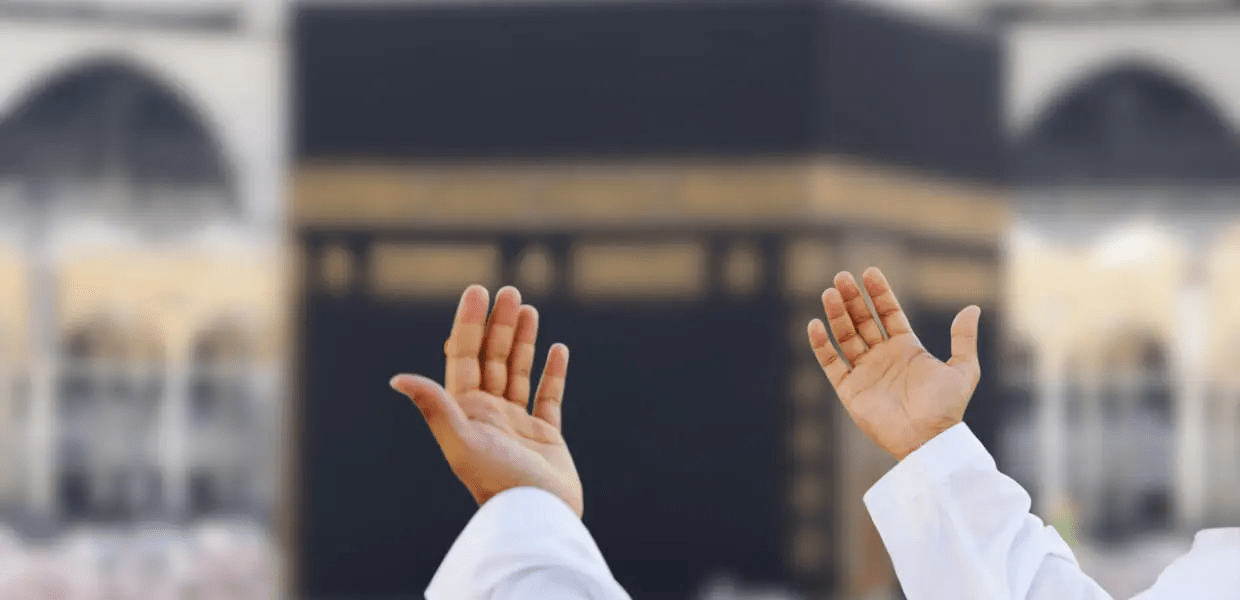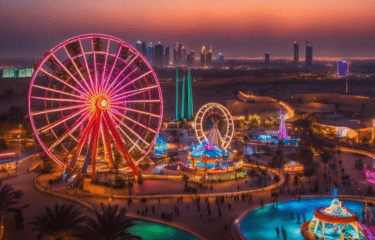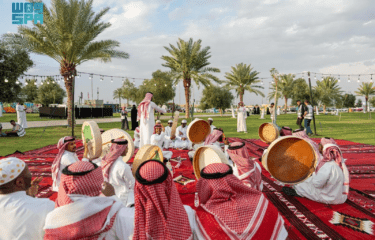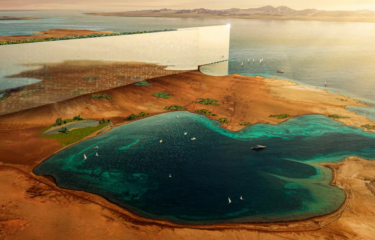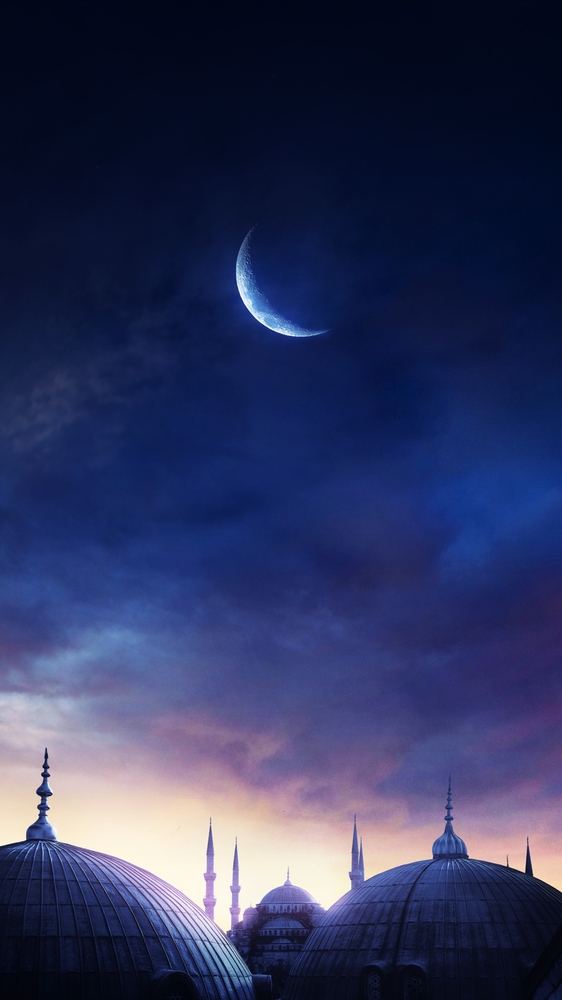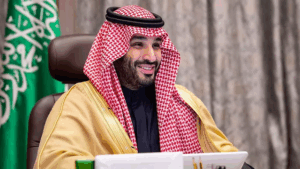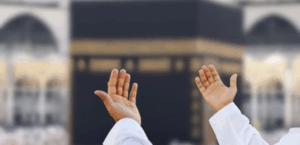Hajj is one of the most powerful journeys a Muslim can take. It brings you to the heart of your faith, walking the same paths as prophets, raising your hands in the same valleys, whispering prayers into the same sky. And in this journey, Hajj duas are essential.
They shape the heart of Hajj. Each step, each pause, each turn has its own moment of connection. This guide brings together the essential Hajj duas you’ll want to know. Not just for ritual, but for meaning.
Why Duas Matter in Hajj
Duas during Hajj aren’t recited to complete a checklist. You say them because you feel something in that moment. Whatever it is — awe, exhaustion, gratitude, or a quiet longing — these supplications give it a voice. They make each act of Hajj personal. Whether you’re standing at Arafat, circling the Kaaba, or walking between Safa and Marwah, these prayers guide your spirit through the journey.
Before Departure: Setting Your Intention
Before anything begins, pause. Make an intention (niyyah). It doesn’t need to be long or complicated. Even something like:
“O Allah, I begin this journey for Your sake. Accept it from me. Make it easy. Make it meaningful.”
Talbiyah: Responding to the Call
As you enter the state of Ihram, the Talbiyah becomes your constant companion.
Arabic: لَبَّيْكَ اللَّهُمَّ لَبَّيْكَ، لَبَّيْكَ لَا شَرِيكَ لَكَ لَبَّيْكَ، إِنَّ الْحَمْدَ وَالنِّعْمَةَ لَكَ وَالْمُلْكَ، لَا شَرِيكَ لَكَ
Transliteration: Labbayka Allahumma labbayk. Labbayka laa shareeka laka labbayk. Innal-hamda wan-ni’mata laka wal-mulk. Laa shareeka lak.
Translation: “Here I am, O Allah, here I am. Here I am, You have no partner, here I am. Truly, all praise, favor, and kingdom are Yours. You have no partner.”
Repeat this often, while walking, riding, resting, until you begin stoning at Mina.
Duas During Tawaf
Tawaf is one of the most personal parts of Hajj. You circle the Kaaba, body moving in rhythm, heart quietly turning inward. Between each round, you can say whatever feels sincere. But many pilgrims begin with:
Arabic: بِسْمِ اللَّهِ وَاللّٰهُ أَكْبَرُ، اللَّهُمَّ إِيْمَاناً بِكَ وَتَصْدِيقاً بِكِتَابِكَ، وَوَفَاءً بِعَهْدِكَ، وَاتِّبَاعاً لِسُنَّةِ نَبِيِّكَ
Transliteration: Bismillah wa Allahu Akbar. Allahumma eemanan bika, wa tasdeeqan bikitaabika, wa wafa’an bi ‘ahdika, wattiba’an li sunnati nabiyyika.
Translation: “In the name of Allah. Allah is the Greatest. O Allah, with faith in You, belief in Your book, loyalty to Your covenant, and following the way of Your Prophet.”
At the corner with the Black Stone (Hajar al-Aswad), you can raise your hand and say:
“Allahu Akbar”
Duas Between Safa and Marwah
As you walk between the hills, think of Hajar’s strength. Her running was an act of deep faith.
At the start:
Arabic: إِنَّ الصَّفَا وَالْمَرْوَةَ مِن شَعَائِرِ اللَّهِ
Transliteration: Innas-Safa wal-Marwata min sha’a’irillah.
Translation: “Indeed, Safa and Marwah are among the symbols of Allah.”
At each hill, pause to face the Kaaba and say:
Arabic: لَا إِلَٰهَ إِلَّا ٱللَّٰهُ وَحْدَهُ لَا شَرِيكَ لَهُ، لَهُ ٱلْمُلْكُ وَلَهُ ٱلْحَمْدُ، وَهُوَ عَلَىٰ كُلِّ شَيْءٍ قَدِيرٌ
Transliteration: Laa ilaaha illallah, wahdahu laa shareeka lah. Lahul mulk wa lahul hamd, wa huwa ‘ala kulli shay’in qadeer.
Translation: “There is no god but Allah alone. He has no partner. His is the kingdom, and His is the praise. And He has power over all things.”
Dua at Arafat: The Heart of Hajj
This is the day. The moment everything rises.
There is no fixed dua here. Speak from your soul. Ask for forgiveness, for clarity, for your family, for the Ummah. The Prophet (PBUH) said the best supplication on the Day of Arafah is:
Arabic: لَا إِلَٰهَ إِلَّا ٱللَّٰهُ وَحْدَهُ لَا شَرِيكَ لَهُ، لَهُ ٱلْمُلْكُ وَلَهُ ٱلْحَمْدُ، وَهُوَ عَلَىٰ كُلِّ شَيْءٍ قَدِيرٌ
Say it as often as your heart allows.
In Muzdalifah: A Quiet Night of Reflection
After Arafat, you’ll rest in Muzdalifah under the open sky. This is a night to remember Allah.
Keep it simple:
Arabic: اللَّهُ أَكْبَرُ، اللَّهُ أَحَدٌ، لَا إِلَهَ إِلَّا اللَّهُ
Transliteration: Allahu Akbar, Allahu Ahad, Laa ilaaha illallah.
Translation: “Allah is the Greatest. Allah is One. There is no god but Allah.”
Let these words settle into your chest as you collect stones and reflect in silence.
Duas During Stoning (Ramy al-Jamarat)
When throwing each stone:
“Bismillah, Allahu Akbar”
Say it with intention. It’s a small act with a big meaning. Rejecting evil, standing firm, following the legacy of Ibrahim (AS).
On Eid: Gratitude in Every Step
After stoning, after the sacrifice, after the hair is cut — pause.
Say:
“Alhamdulillah” — as often as you can.
“O Allah, accept from me.”
“Let this Hajj be complete, sincere, and accepted.”
Tawaf al-Wida: The Farewell
As you make your final Tawaf before leaving Makkah, let your duas be soft, slow, heartfelt. You’re saying goodbye.
“O Allah, don’t let this be my last visit. Bring me back again. Keep this closeness with me always.”
A Journey of Love, Devotion, and Raw Emotions
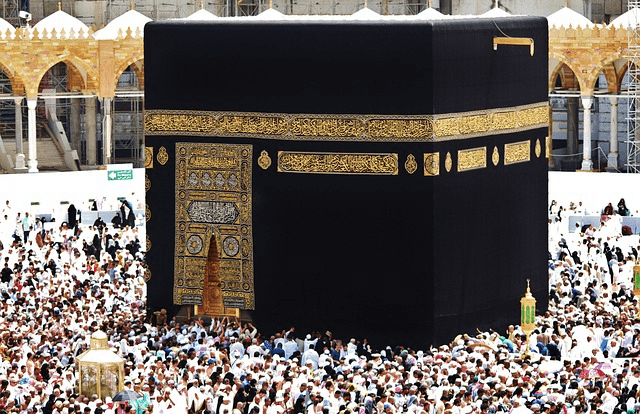
These essential Hajj duas are not about perfect memorization. They’re about presence. They’re reminders, companions, bridges between the rituals of the body and the yearnings of the heart.
Let your Hajj be filled with meaning. Let each word feel true. May these prayers guide you and bring you closer to the One you came all this way to meet.
Ameen.
FAQs
What are the essential Hajj duas every pilgrim should know?
Key Hajj duas include the Talbiyah, prayers during Tawaf and Sa’i, supplications at Arafat and Muzdalifah, and the farewell dua at Tawaf al-Wida. These duas connect each step of the journey with deeper spiritual meaning.
Which dua should be recited during Tawaf?
One commonly recited dua at the start of Tawaf is:
“Bismillah, Allahu Akbar. O Allah, with faith in You, belief in Your Book, loyalty to Your covenant, and following the Sunnah of Your Prophet.”
What dua is best to recite at Arafat?
The Prophet (PBUH) recommended repeating:
“Laa ilaaha illallah, wahdahu laa shareeka lah…”
This is considered the best supplication on the Day of Arafah.
Are there specific Arabic duas for each Hajj ritual?
Yes, each Hajj ritual has specific Arabic duas with deep significance. These include supplications for entering Ihram, performing Sa’i, collecting stones in Muzdalifah, and stoning at Mina. Understanding their meanings enhances spiritual focus.
How can I prepare spiritually for Hajj through duas?
Start by learning the essential Hajj duas and reflecting on their meanings. Set your intention before departure, recite the Talbiyah often, and keep your supplications sincere and simple. Presence of heart matters more than memorization.

